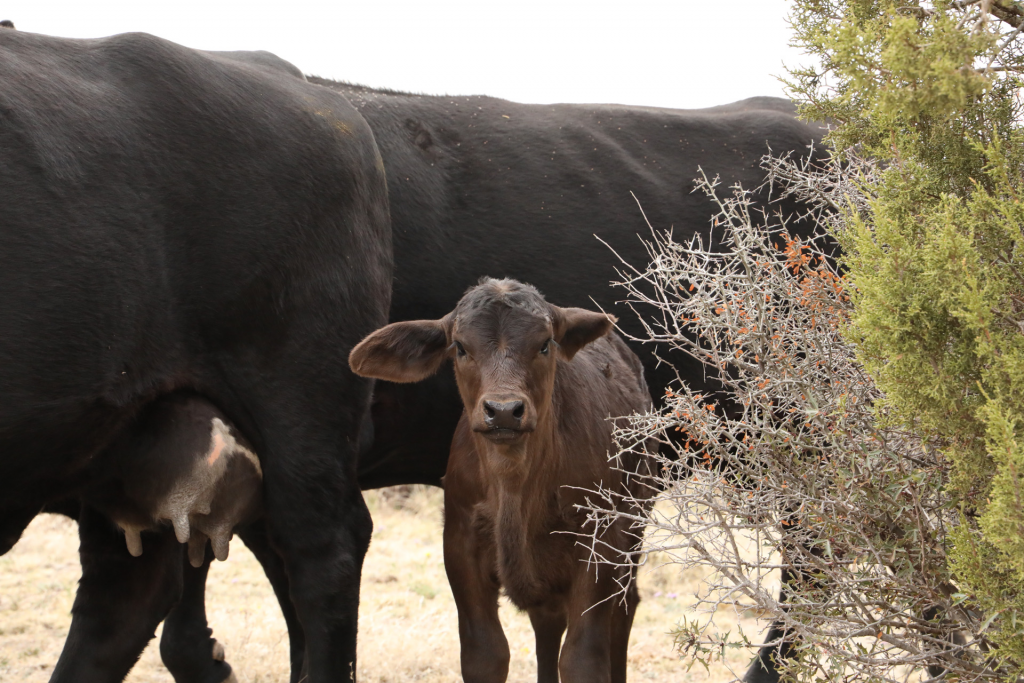
Senior Farm and Ranch Broadcaster, Ron Hays, is talking with the National Cattlemen’s Beef Association Chief Counsel Mary-Thomas Hart about sustainability in the beef cattle industry.
“When we think about sustainability in the U.S. beef industry, I think it is important to consider sustainability as a three-legged stool, so you have three parts,” Hart said.
Those three parts, Harts said, are environmental sustainability, economic sustainability, and social sustainability. In 2021, Hart said NCBA set four sustainability goals that address all three pillars of the sustainability stool.
“The first is to demonstrate climate neutrality of U.S. cattle production by 2040, the second is to increase opportunities for producer profitability, and the third is related to ecosystem services and the social value that cattle ranches provide in rural communities,” Hart said. “The fourth is related to workforce development and worker safety. Through those four goals, we hope to not only maintain the high standard we have in the U.S. beef industry but to urge continuous improvement within our industry.”
When it comes to sustainability, Hart said it is important to think of not only the cattle, but the operation as a whole.
“You have to think about the operation itself and what it is giving back not only to your community, but to the larger society,” Hart said. “That comes in the form of ecosystem services. Green space, wildlife habitat, natural water filters, and carbon sequestration are all examples of ecosystem services that aren’t currently compensated, but certainly provide value.”
Hart said at NCBA, one popular topic of discussion is making conservation a commodity.
“We want to recognize that ranchers aren’t just producing beef,” Hart said. “They are creating a lot of value in the form of these ecosystem services.”
Regarding talk in the media about beef production being the biggest contributor to climate change, Hart said this is simply not true.
“I think it is important to set aside U.S. cattle in beef production from beef production in the rest of the world,” Hart said. “We don’t have to deforest to produce cattle in the United States. Our grasslands are naturally purpose-built for ruminant grazing, which is an incredible thing.”
Hart said the U.S. has the lowest greenhouse gas emissions per pound of beef for any beef-producing nation in the world.
“We have made significant improvements reducing our emissions per pound of beef by about 40 percent since 1960,” Hart said. “That happens in every segment of the supply chain.”
As ranchers increasingly introduce rotational grazing to their operation, Hart said improvements are seen both in carbon sequestration and methane emissions.
Not only is beef a nutritionally dense product, Hart said, but it also is a product with low emissions per pound of beef and serving.
“When you look at the picture of wholistic environmental health that comes from food production, beef cattle production, I think, beef is about as sustainable as it gets,” Hart said.
The Beef Buzz is a regular feature heard on radio stations around the region on the Radio Oklahoma Ag Network and is a regular audio feature found on this website as well. Click on the LISTEN BAR for today’s show and check out our archives for older Beef Buzz shows covering the gamut of the beef cattle industry today.


















